Vietnam has joined the International Covenant on Civil and Political Rights (ICCPR) since 1982, thereby committing to ensure freedom of expression, the right to a fair trial, and the right to non-discrimination. Creating conditions for the press to work in court, specifically allowing attendance, audio and video recording with equipment registered with the court, is one of the ways to ensure journalists' right to non-discrimination, while helping the press report news promptly and transparently, helping the court to exercise judicial rights more impartially, openly, objectively and humanely.
Consequences when journalists are not allowed to work directly in court
As the fight against corruption is increasingly intensified, trials attract special attention from the public. Not allowing The press's filming and recording and restrictions on the use of electronic devices are preventing the press from performing its function as the "eyes and ears" of the people.
While having limited direct access to rational information, people have too many other sources of information that are full of emotions (for example, information from the family of the person being tried, information that spreads quickly on social networks) and can create emotional waves that affect the impartial and objective working process of the court.

One of the downsides of the current development of artificial intelligence (AI) technology is the mass production and instant transmission of fake news, including in the form of images and sounds. Without verified information, compliance with recording and filming regulations by professional journalists, there will be insufficient basis to verify whether the information reaching the public is true or false. Without recordings, journalists will not have enough evidence to accurately perform their monitoring and criticism functions, which in the long run will cause information disruption, leading to instability and social disorder.
The reasons for creating conditions for the press to record audio and video in court to serve the people's right to information can be summarized in the following four arguments, according to the study "Public opinion on the presence of the press in the courtroom", published in the International Journal of Law and Psychiatry published by Elsevier (headquartered in the Netherlands) in 2012, as follows:
The first, Recording, filming or managing, storing, and transmitting audiovisual information in general in journalism includes a series of tasks that need to be performed by professionals (journalists).
Monday, Individuals have limited cognitive resources, so journalists are needed to collect and verify information on their behalf. People do not have enough time to watch video or audio recordings or read to understand thousands of pages of documents released by the court. People also do not have the ability to absorb, filter, and analyze court information. Therefore, journalists are needed to filter information on their behalf and approach experts to provide the most accurate and core knowledge to the people.
Tuesday, Each individual has his or her own goals, motivations, and motives when using information from the court to create his or her own view of the case, which can influence the trial process. Therefore, the court needs to limit each individual from creating their own sensational version of the news, by creating conditions for professional journalism to operate in court.
Wednesday, In the case of a “major case”, too much secondary information provided by the court (on the website or unprocessed audio and video recordings) without the synthesis and filtering of professional journalists can cause cognitive overload. People can pay too much attention to certain emotional aspects without seeing the whole picture of the problem.
Guidelines for journalism in court
Along with the law, many countries provide detailed guidance for the press on recording audio and video in court.
In New Zealand, live video from the court to the outside is delayed by about 10 minutes from the actual time. During these 10 minutes, the court can give specific instructions to the press to handle.
In the United States, audio and video recordings made by journalists are considered public information and are encouraged to be shared with journalists at other newsrooms or shared for an acceptable fee.
Many countries allow the use of drawings and graphic images in place of actual photographs in some court cases due to the sensitive nature of the trial.
New Zealand’s Courtroom Media Guidelines are revised and updated annually to keep up with new developments in technology. Particular attention is paid to the fact that equipment outside the courtroom is capable of recording audio and video of proceedings.
Thus, the law needs to go hand in hand with detailed, specific, and public regulations, guiding journalists to work in conditions where there are many stricter legal provisions for the press.
Vietnam has joined the ICCPR since 1982, thereby committing to ensure freedom of speech, fair trial, and non-discrimination. Creating conditions for the press to work in court, specifically allowing attendance, audio and video recording with equipment registered with the court, is one of the ways to ensure journalists' right to non-discrimination, while helping the press report news promptly and transparently, helping the court to exercise judicial rights more impartially, openly, objectively, and humanely.
Source



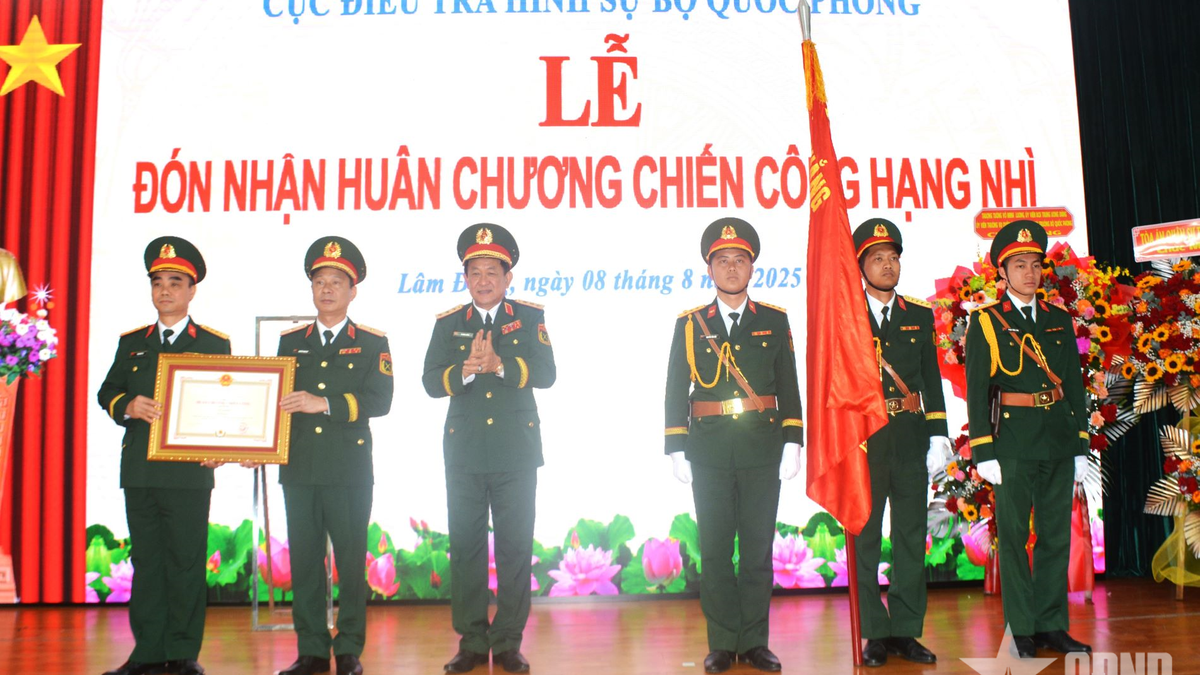
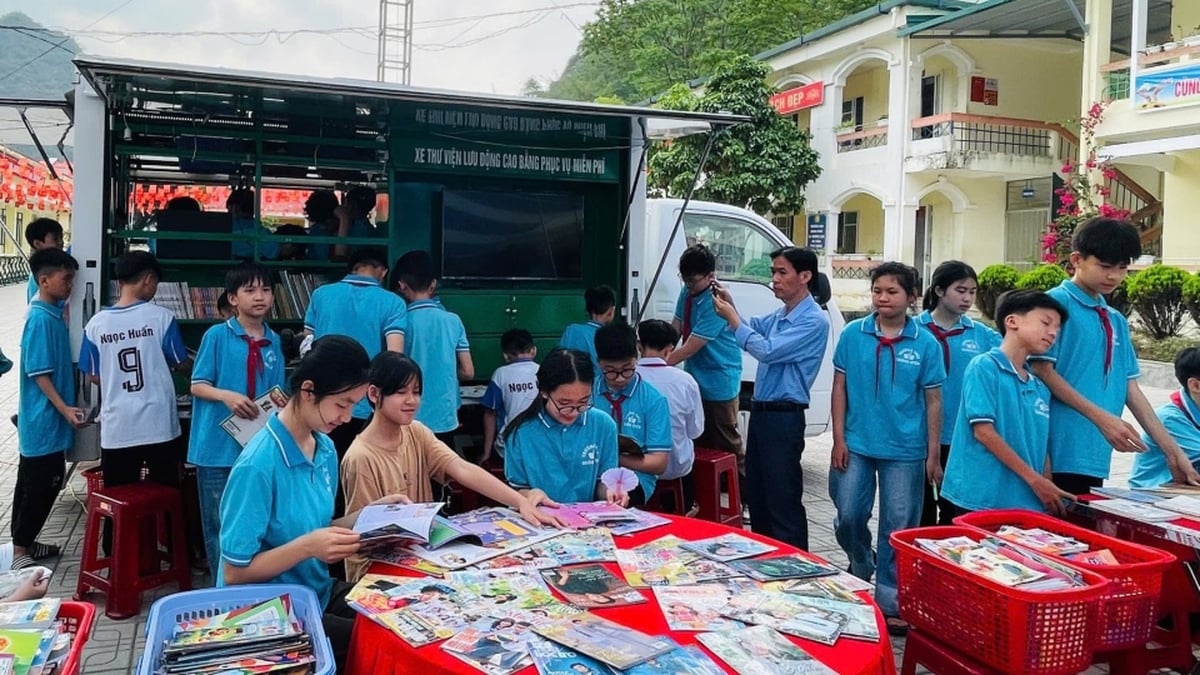
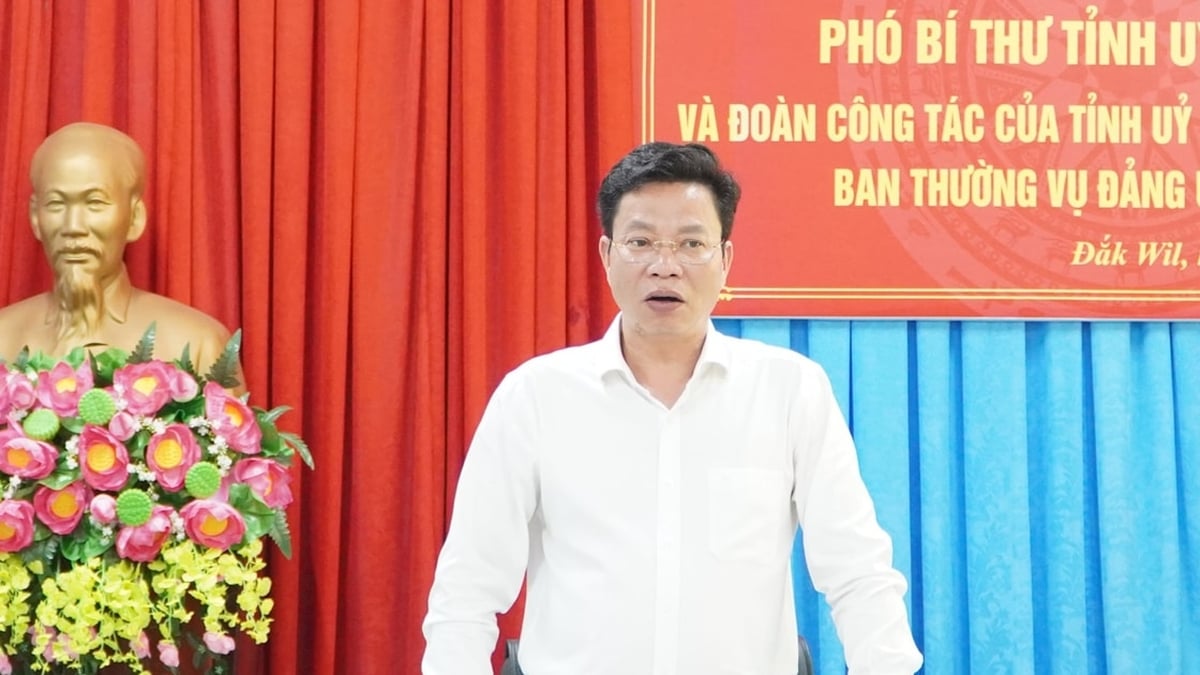
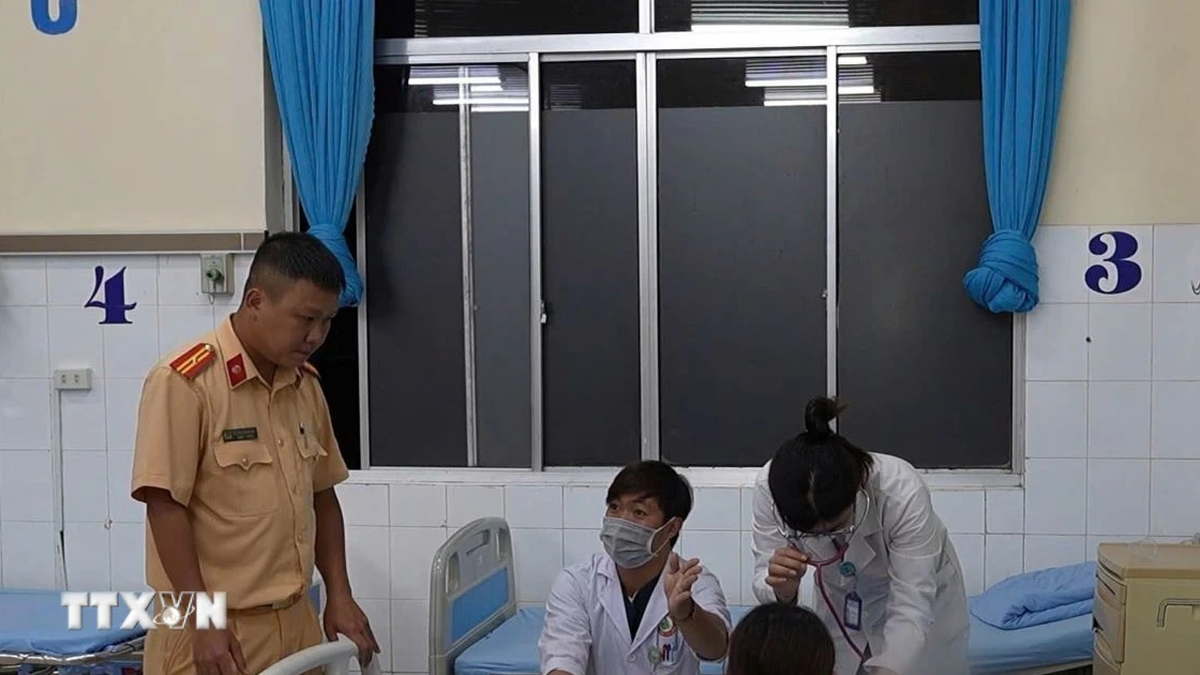
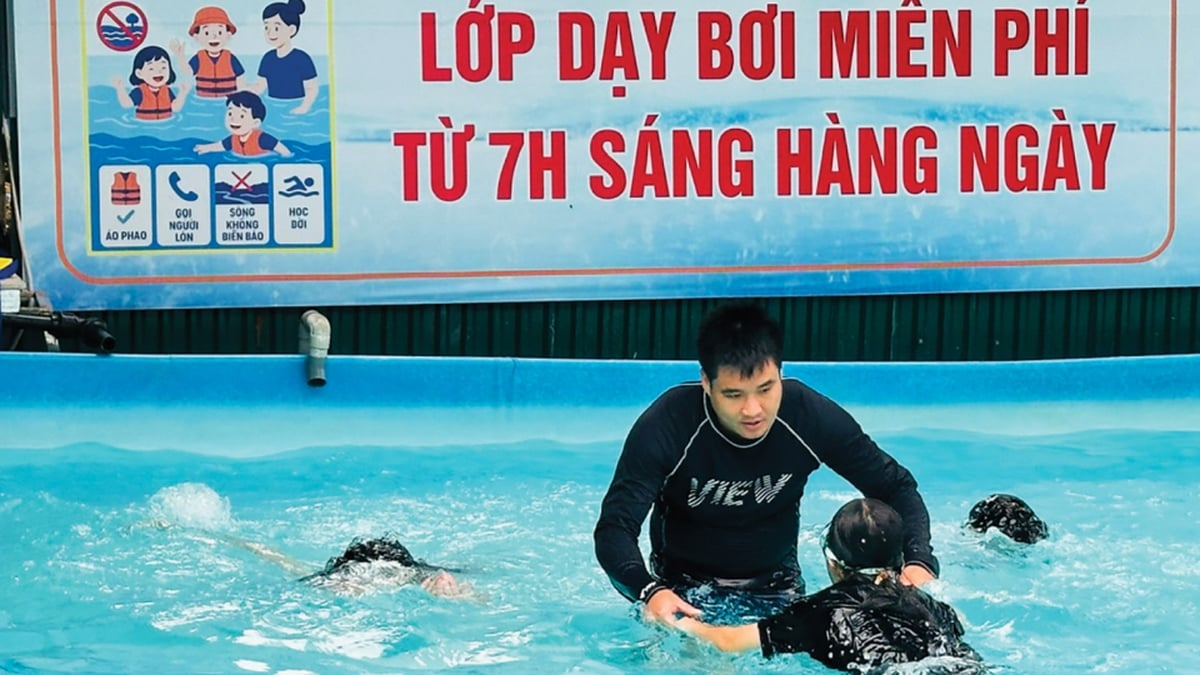
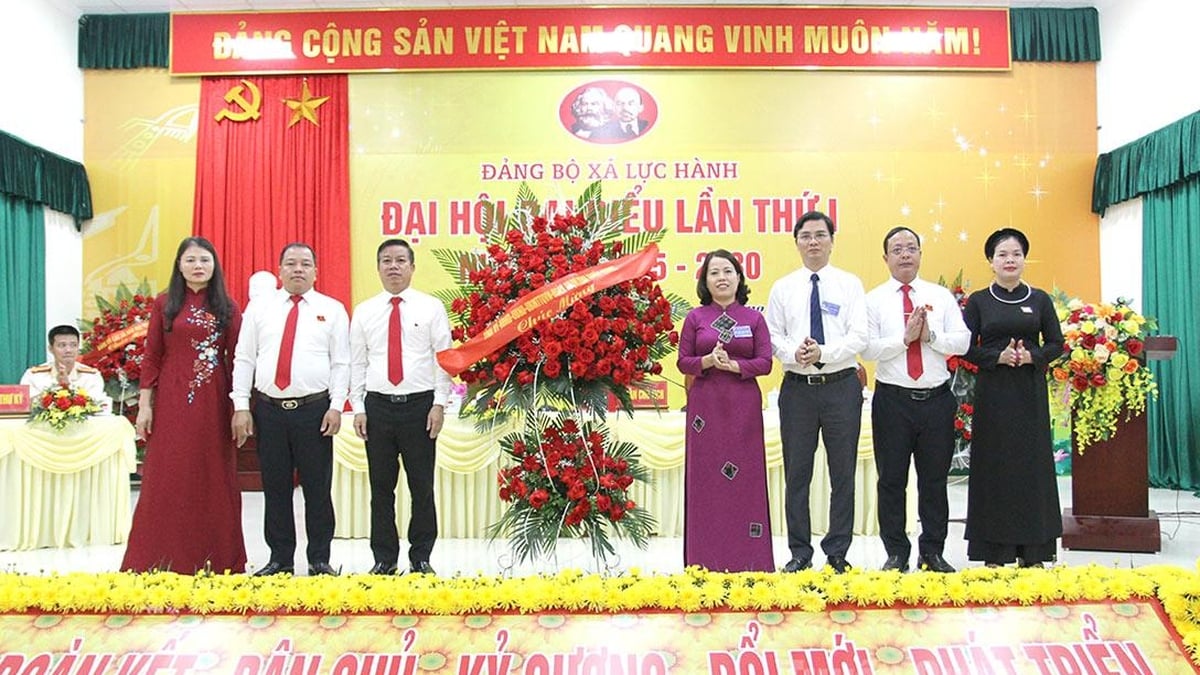
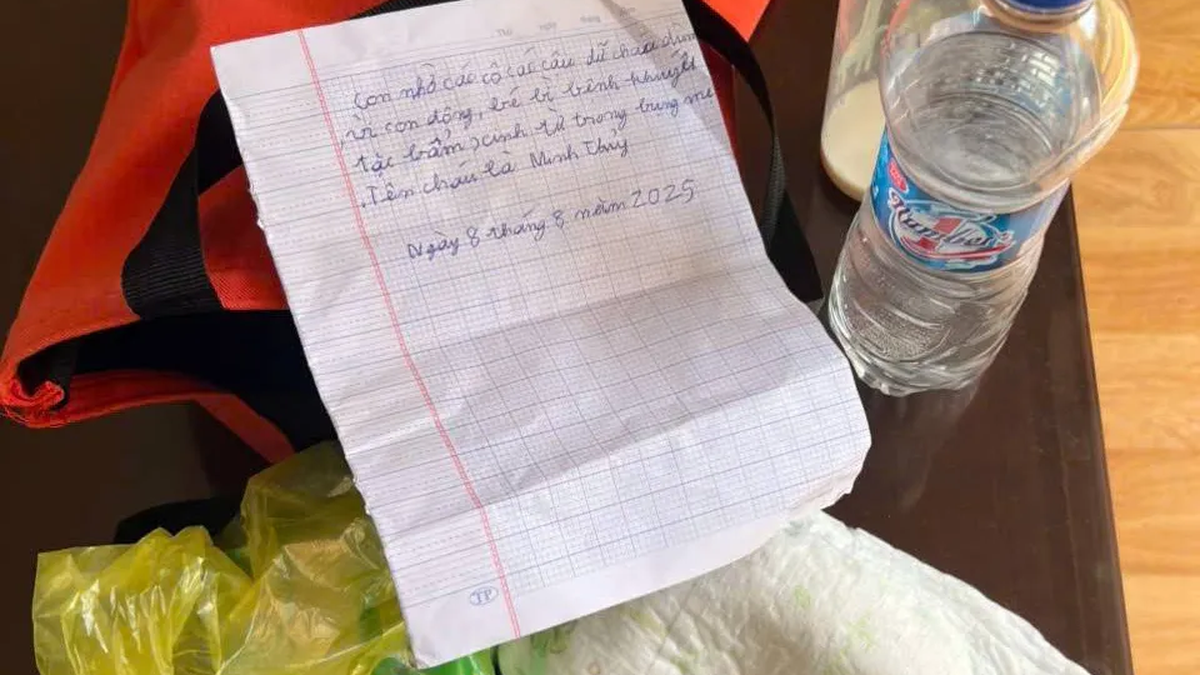

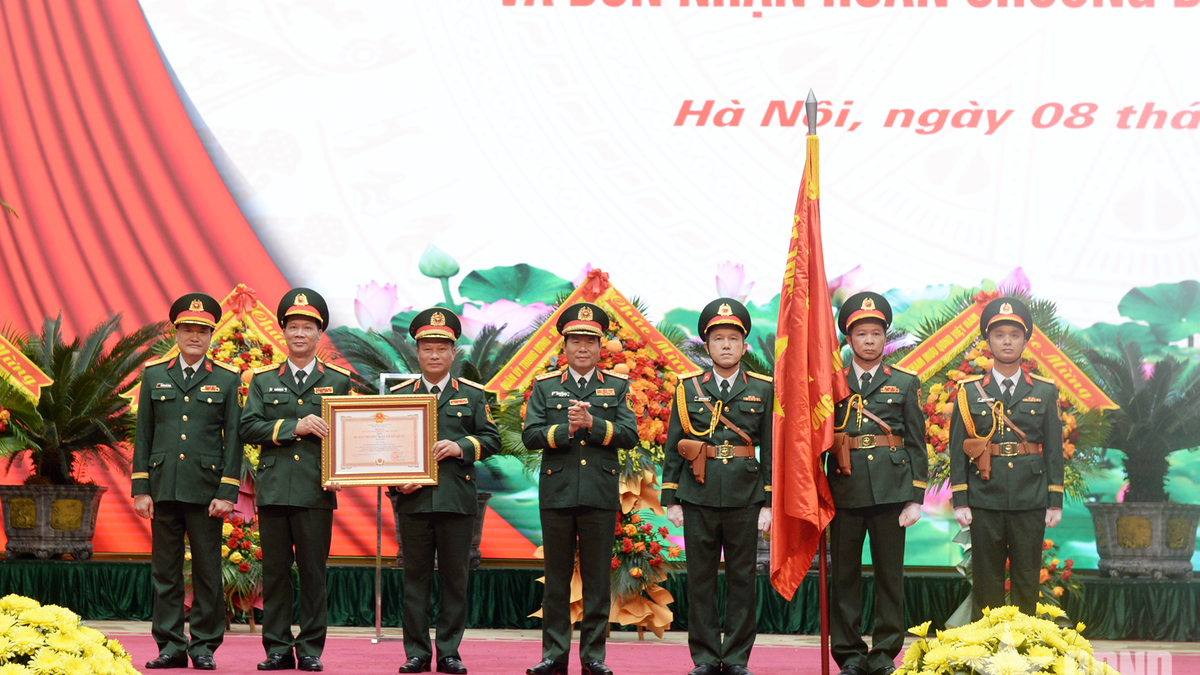
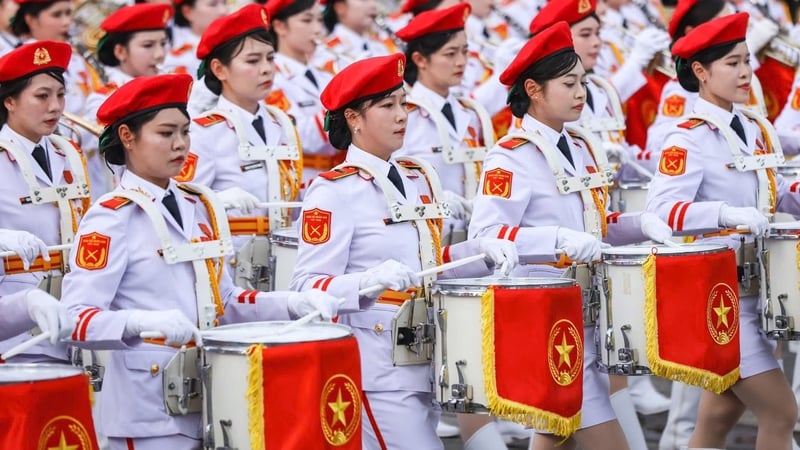
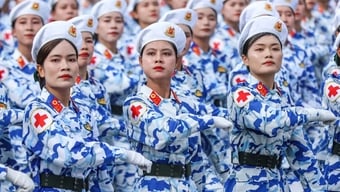








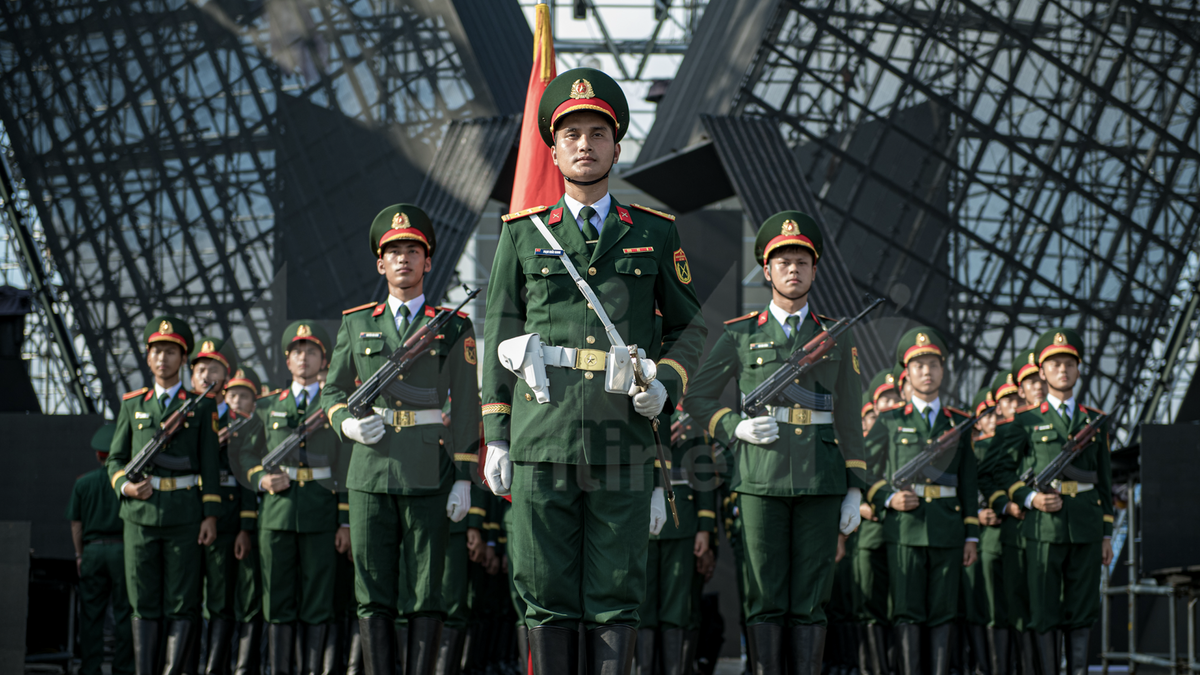
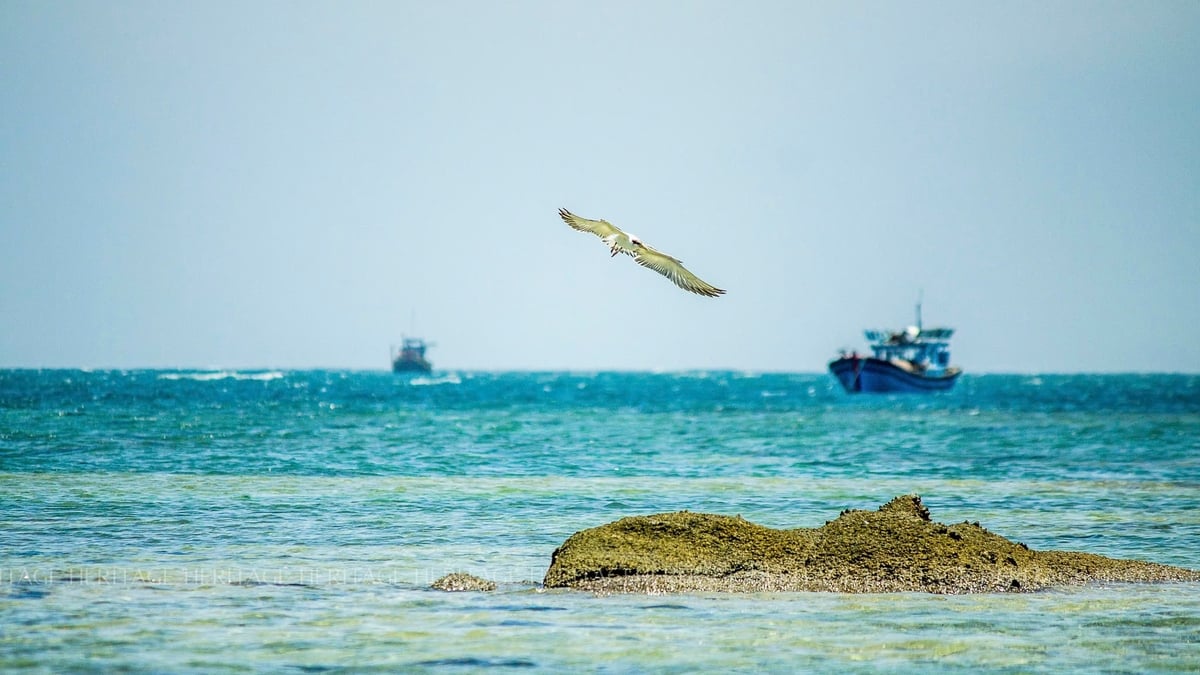
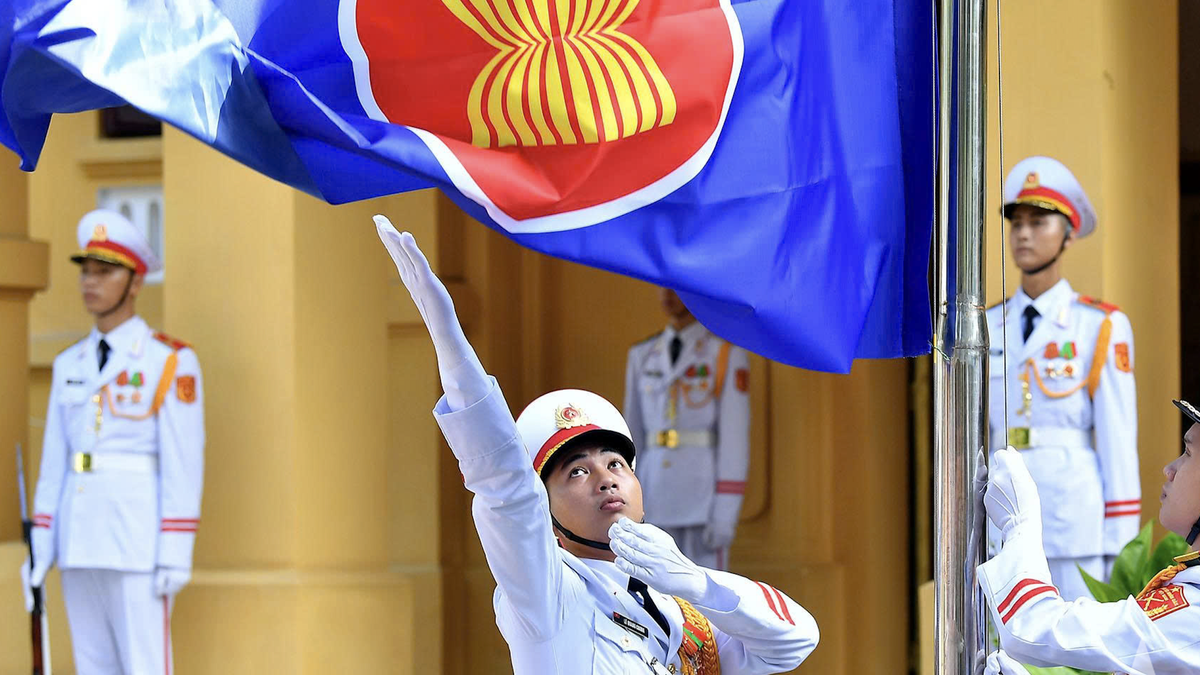

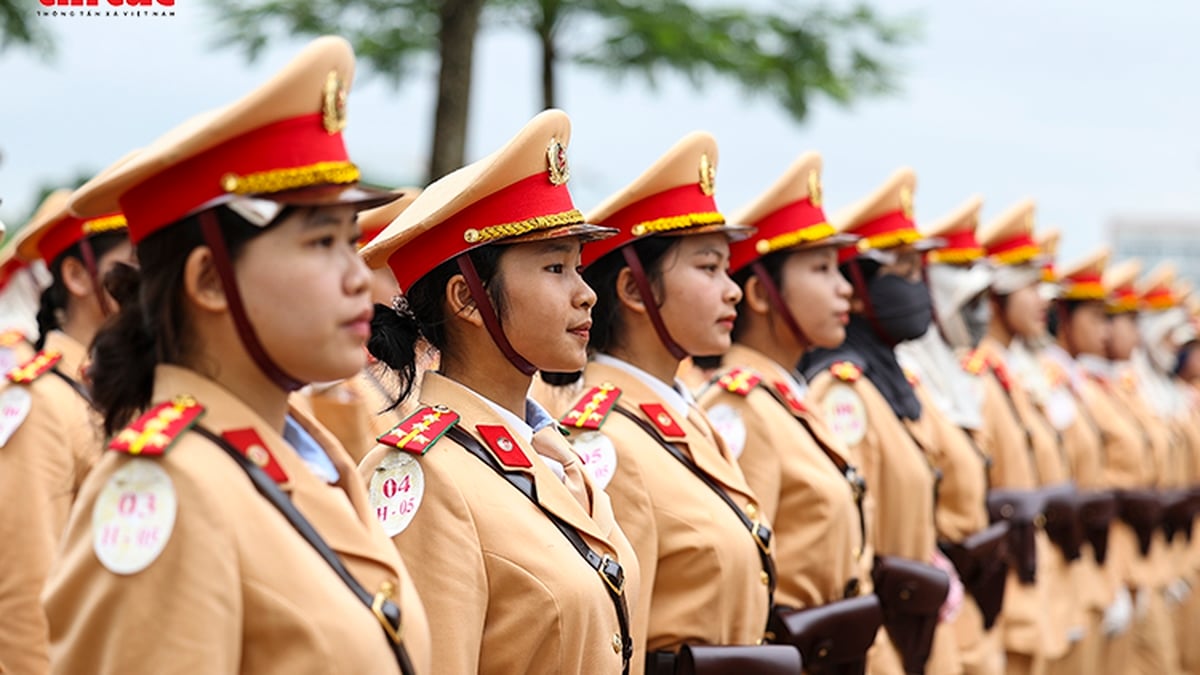


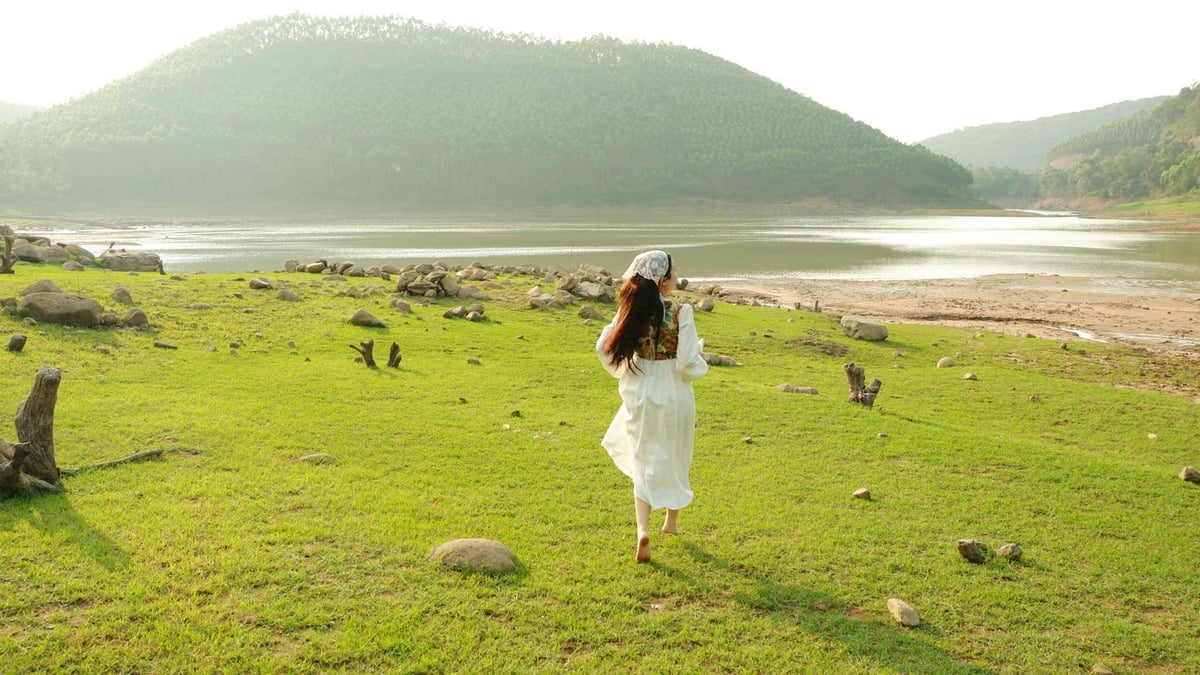


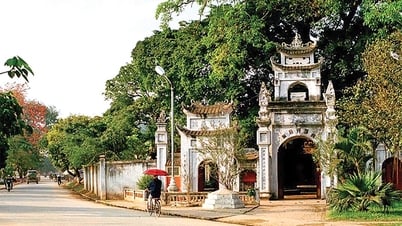


















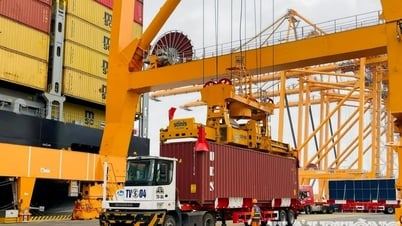

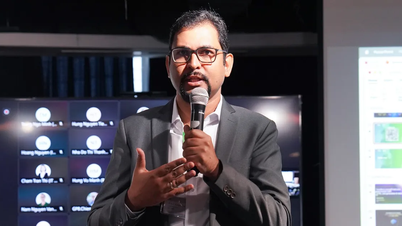



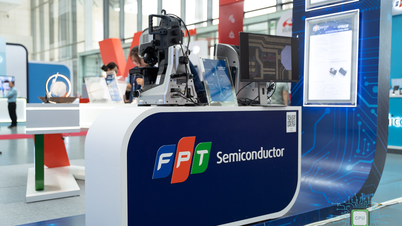


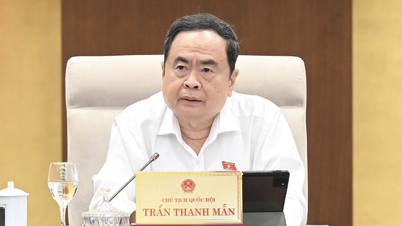


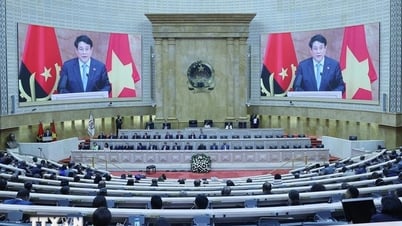



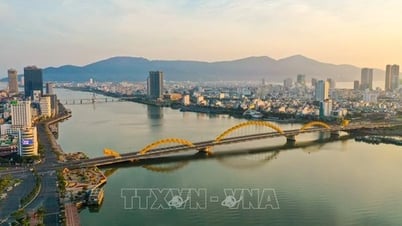

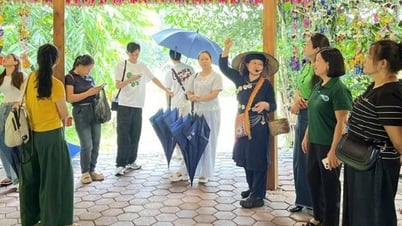
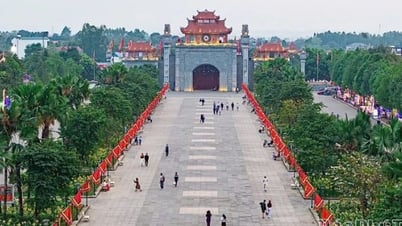




















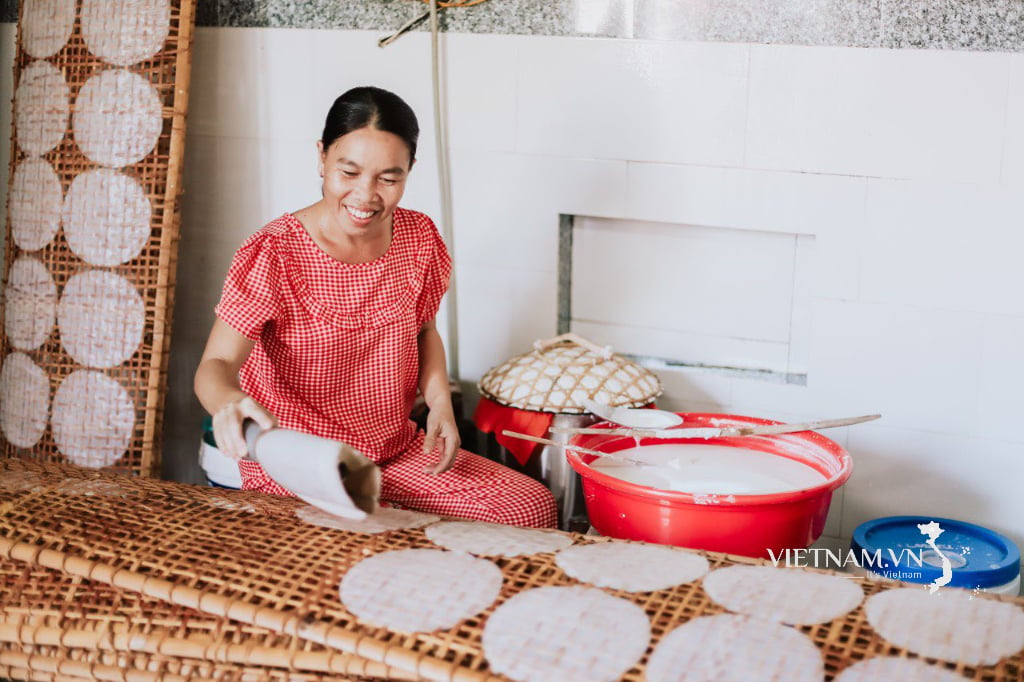
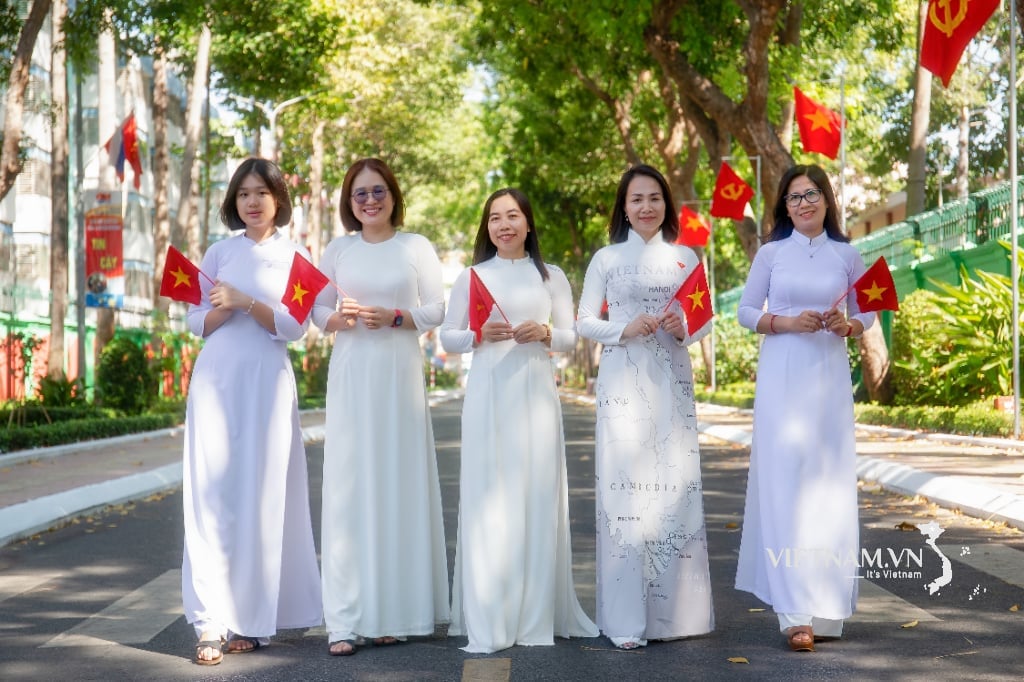

Comment (0)